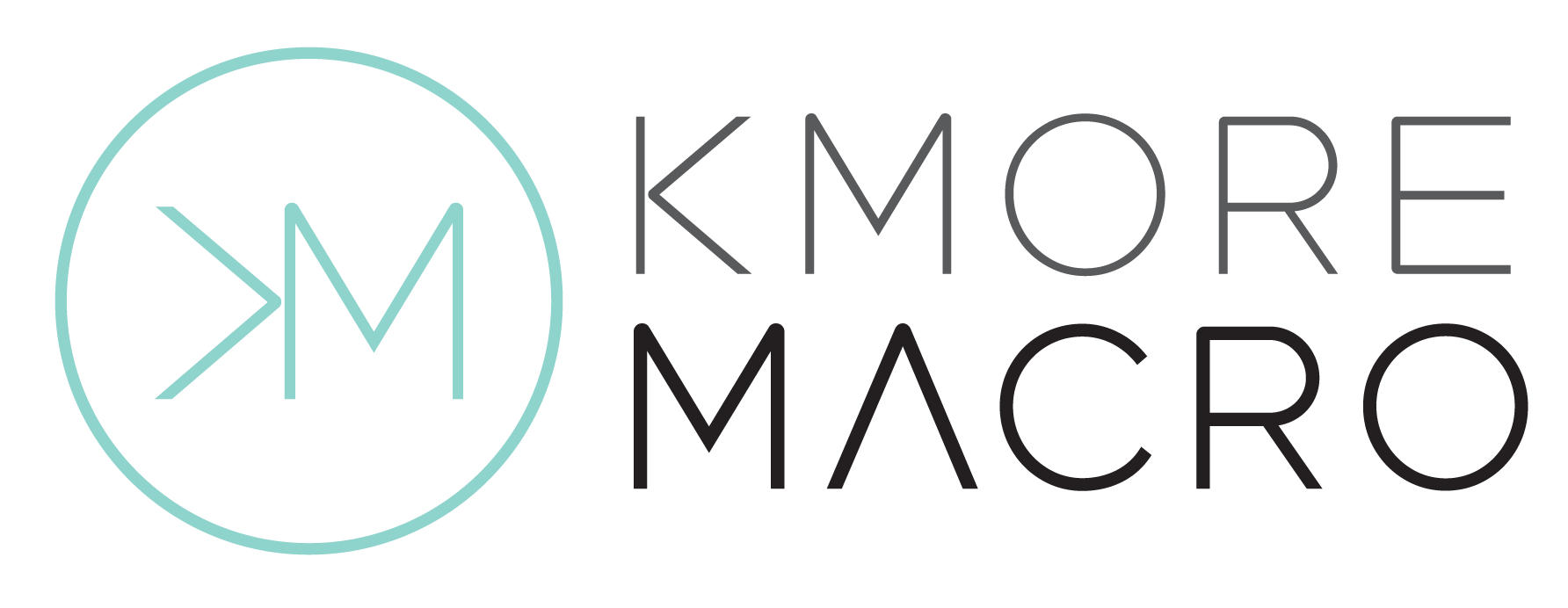Q&A: Are organic foods essential to healthy living? Are they really worth the cost?
When people begin to shift their eating habits towards a healthier lifestyle, they try to choose foods that sound healthier, and in a lot of cases claims like, low-fat or heart-healthy, don’t actually mean better for you. One of the exceptions to this rule is organic foods. Organic foods are actually better for you!
When foods are produced organically, in the case of produce, they aren’t using pesticides or artificial fertilizers. Animals who produce organic meats and dairy are being fed organic foods and they are not given antibiotics or hormones.
Because of these precautions, the food produced is more naturally nutritious and we aren’t absorbing extra or unnecessary hormones.
Long story short, yes, organic foods are better for you and should be included in a healthy diet. That being said, I don’t believe that they are absolutely necessary for weight loss.
If you’re trying to make healthy choices and you’re on a tight budget, then it’s OK to opt for conventionally farmed foods. The most important thing is to eat more whole foods and I do not want you to think you must eat organic to accomplish this.
There are so many benefits of eating fruits and vegetables and you shouldn’t opt out of those just because you don't want to buy organic! The positives outweigh the negatives with conventionally produced foods. You are NOT a bad mom if you don’t buy organic foods, I promise!!
For the sake of this article, I’m going to dive into which foods are most important to buy organic, so that any of you who want to start the switch to organic can choose what to buy.
When to buy organic produce
A lot of people start their organic journey by switching up their produce. Organic produce will be slightly more expensive than their conventionally farmed counterparts, but it’s not a drastic difference, so it’s a little easier on your wallet.
One quick rule to abide by is to buy organic fruits and vegetables where you will eat the skin. This can include:
Grapes
Apples
Lettuce/Spinach/Kale
Bell peppers
Berries
The list could keep going, but I just want you to have an idea of what I’m talking about. Foods, where you’ll remove the skin, don’t necessarily have to be organic. For example, conventional oranges are fine to buy because you’ll remove the skin before you eat it, so you’ll ingest fewer chemicals.
The Environmental Working Group comes out with a Dirty Dozen and Clean Fifteen list every year that lists which foods have the highest amount of pesticides and which foods have the lowest, respectively.
Again, I want to remind you that you shouldn’t avoid the foods on the Dirty Dozen list! You should just opt for the organic options! You absolutely can still buy foods on that list that are grown conventionally because the nutritional benefits outweigh the negatives!
When to buy organic meat
Organic meats are another great place to start when you’re looking to go organic. However, organic meats are usually more expensive than conventional meat. The reason I like to start here is because if you’re eating a lot of meat, it’s better to choose organic.
I use a lot of chicken breasts in my meals, so I try to make sure that the chicken I buy is organic. Chickens are usually given hormone injections to make them bigger and I just don’t want those passing into my body if I can help it.
If you eat more beef than chicken, you can start there. I just suggest switching to organic for whatever foods you use the most often.
There is a difference between organic and grass-fed beef as well. Grass-fed beef means that the cows are free to roam fields and only eat grass. While organic cows are also left to roam for part of the time, they may be fed organic feed, such as alfalfa pellets or hay. The difference is slight, but ultimately they are both being fed grains.
When to buy organic dairy products
Milk and dairy products are another area where I like to buy organic whenever I can. The main reason is again that my family eats a lot of dairy products! The science also backs up why organic is better when it comes to dairy.
When milk is produced organically, there are more heart-healthy fatty acids and it is generally higher in protein. This is beneficial because the omega-6 and omega-3 fatty acids are properly balanced. If these fatty acids aren’t balanced correctly they can cause heart disease, cancer, inflammation and autoimmune diseases.
If you can’t afford organic dairy products, then opt for conventional full-fat options. This will keep the omega-3 and omega-6 fatty acids at a better balance. Full-fat foods also use less oil to keep them the right consistency. We don’t want to replace healthy fats found in whole foods with unhealthy processed fats from oils.
Whether you decide to buy organic or conventional foods is completely up to you. You can live a healthy life without buying organic foods, but there are long-term health benefits to eating organic foods. Do whatever fits your budget for now and you can always slowly incorporate organic produce, meat and dairy into your budget and diet.
If you are ready to get your nutrition on point, then let’s chat! Schedule a free discovery call with me so that we can assess your nutrition and give you the tools you need to lead your family to a healthier space.


